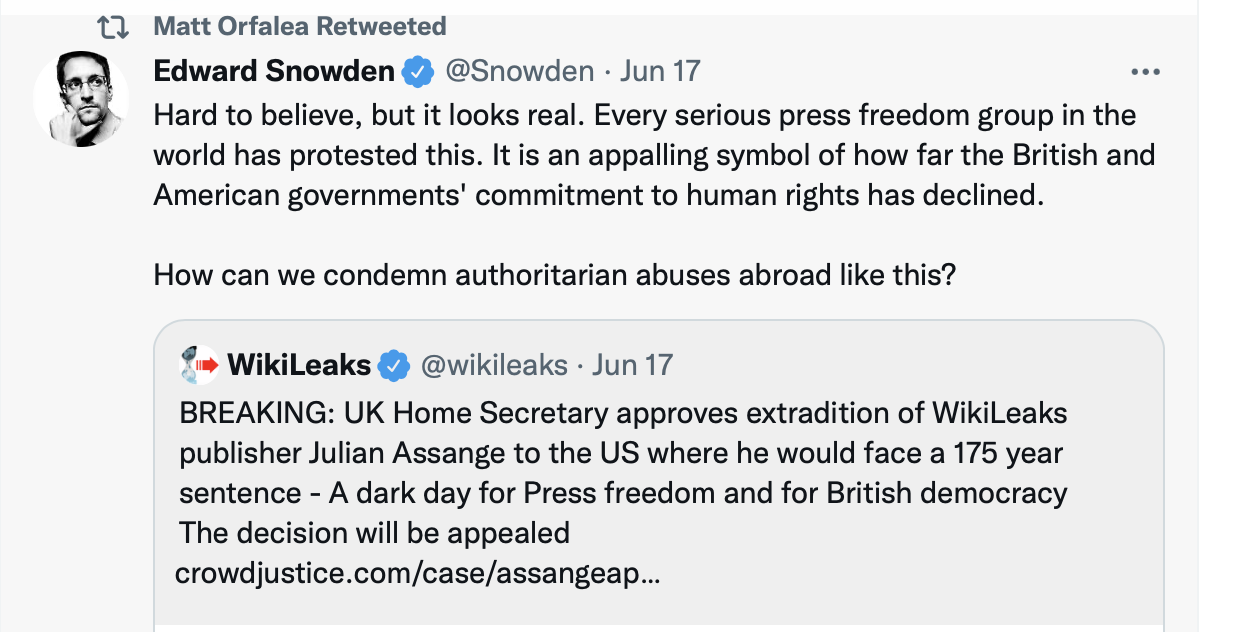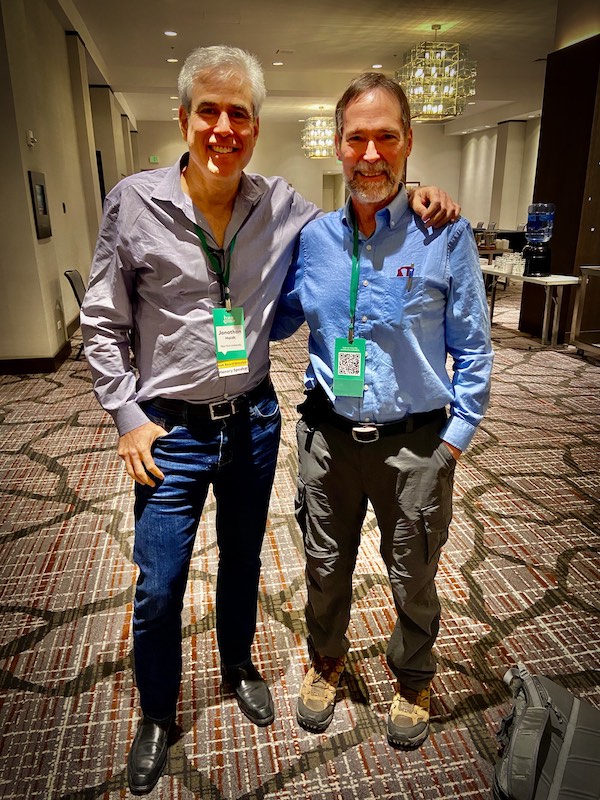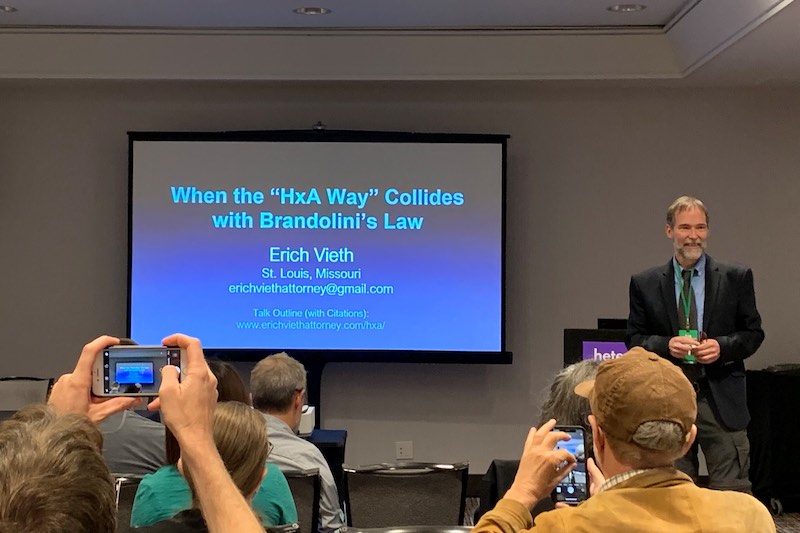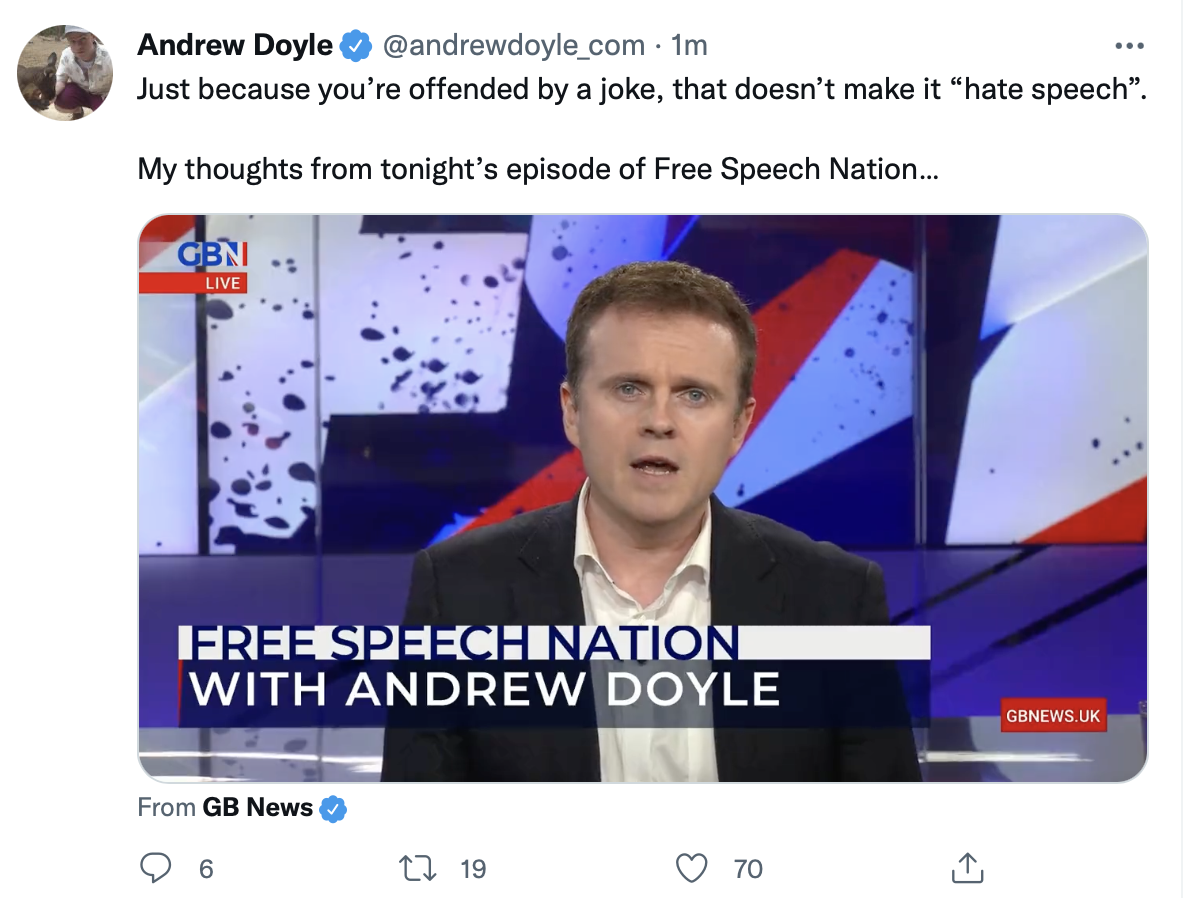Heterodox Academy National Conference in Denver, Colorado
I am now back home after attending the national conference of Heterodox Academy in Denver. HxA's slogan is "Great Minds Don't Always Think Alike." Highlights included meeting many thoughtful people. This included a chance to talk with Jonathan Haidt. Presenters included Glenn Loury, Erec Smith, John McWhorter, Roslyn Clark Artis, Matt Yglesias and the HxA's new President, John Tomasi. I delivered a one-hour presentation, "When the “HxA Way” Collides with Brandolini’s Law." Here's the synopsis:
Brandolini’s Law, also known as the “bullshit asymmetry principle,” states that “the amount of energy needed to refute bullshit is an order of magnitude larger than is needed to produce it.” When applied to daily interactions, this means that the longer some conversations go on, the less meaningful they become. While we may do our best to diligently practice the “HxA Way,” others may still fling ad hominem attacks or use weak arguments, false dichotomies, and uncharitable interpretations that drag things down. In this session, Erich Vieth will explore these common frustrations and offer strategies – drawn from his experience as a trial lawyer – to help keep contentious conversations on track.
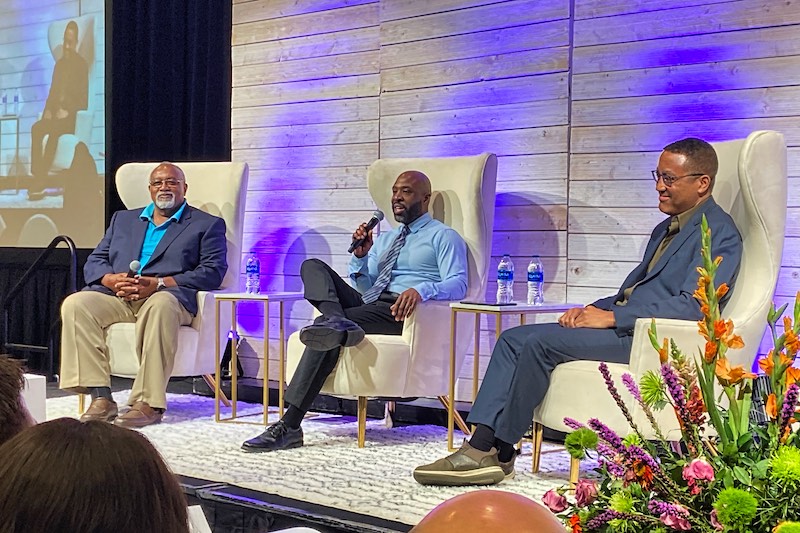
Glenn Loury, Erec Smith and John McWhorter[/caption]
Jonathan Haidt’s Dire Prognosis for America
Jonathan Haidt is a Co-Founder of Heterodox Academy, which encourages viewpoint diversity in American Colleges and universities. Haidt was recently interviewed by Jacob Hess of Desert News. He is not in a mood to offer false hope. Here's an excerpt:
If we do not make major changes soon, then our institutions, our political system, and our society may collapse during the next major war, pandemic, financial meltdown, or constitutional crisis.” Although always pointing to possible steps we might take, Haidt adds that there is “little evidence to suggest that America will return to some semblance of normalcy and stability in the next five or 10 years. . . .
Standing up and defending others is hard for most. Everyone is afraid for their reputation. Everyone hates being shamed. What we most need is for leaders of institutions to stand up. That has been the spectacular failure of the late 2010s — that leaders of universities, of The New York Times, of our knowledge-centered institutions, have failed to stand up for the mission of their institutions. I don’t expect everyone to care about the whole truth, but professors should — and any academic institution should. They have a duty to stand up for the end or purpose of their institution. And if they can be made to know that the great majority of people support them, I think they would be more likely to stand up.
YouTube Suspends The Hill’s Rising for One Week
Amazing. I missed the fact that back in March, Youtube took down The Hill's Rising for an entire week for accurately reporting (three times) what politicians said. Kim Iverson reports on this.
On the Criminalization of Comedy
Andrew Doyle offers a sharp analysis on the criminalization of comedy.
- Go to the previous page
- 1
- …
- 67
- 68
- 69
- 70
- 71
- 72
- 73
- …
- 80
- Go to the next page

